An online master’s in science education will help students develop their skills in designing curricula, engaging learners in K-12 science classrooms, and organizing experiments and other hands-on learning experiences. Coursework in this degree blends an understanding of natural sciences with educational best practices and pedagogy.
Students who earn a master’s in science education will choose a specific learning group to focus on, such as elementary school (median annual salary: $63,670), middle school (median annual salary: $64,290), or high school (median annual salary: $65,220).
A standard online master’s in science education requires 30-36 credit hours and can be completed with 1-2 years of full-time study. Although the cost of this degree will vary by program, the average tuition for graduate school is $12,596 at public universities and $28,017 at private universities.
How to Choose an Online Master’s in Science Education Program
Choose your area of study
Students can earn a variety of degrees in this field, including Master of Arts (MA), Master of Science (MS), and Master of Education (MEd). Many programs also offer specializations and elective coursework that allow students to concentrate on a single science subfield, such as biology, chemistry, physics, oceanography, or natural sciences. Think carefully about what you want to do after you graduate, then look for programs that match these career goals.
Research schools and programs
You should only apply to institutions that have been approved by a DOE-recognized regional accrediting organization, such as the New England Commission of Higher Education or Northwest Commission on Colleges and Universities. These organizations evaluate schools to ensure they provide students with a high-quality education. Those who attend a school that isn’t regionally accredited may be unable to access financial aid or transfer credits to another institution if needed.
Ideally, your master’s in science education program will also be accredited by a respected industry group like the Council for the Accreditation of Educator Preparation (CAEP). This accrediting organization has particularly high standards for education-related programs.
Students should also be sure to get answers to the following questions while doing their research:
- Does the program prefer applicants with bachelor’s degrees in education?
- Is there an experiential learning component in the curriculum, such as student teaching? Can students who are currently teaching complete this requirement at their jobs?
- What services are available to online students, including tech support, academic and career advising, counseling, and library resources?
- Who are the faculty, and what are their qualifications?
- Does the program meet all necessary state requirements for teaching licensure and certification?
To learn more about any schools that you’re interested in, you can visit the school’s website, contact an admissions counselor, follow the school on social media, or attend an in-person or virtual open house.
Prepare for tests and applications
Application requirements vary by school and program. When researching programs, find out what their requirements are in terms of undergraduate and professional background. Some online master’s in science education programs are designed for individuals who already have a teaching license or teaching experience. They may also require specific prerequisite coursework and a minimum undergraduate GPA.
Students should also confirm what application materials they need to submit and what the admissions deadlines are. A typical application for a master’s in science education includes:
- Application and required fees
- Official transcripts from all undergraduate institutions attended
- Letters of recommendation from work supervisors, colleagues, or current or former professors
- Resume/CV highlighting educational background and relevant work experience
- Personal essay or statement of intent detailing interest in the program and why you would be a good fit
- GRE scores
Before submitting an application, always contact an admissions counselor to ensure you have the most accurate information regarding requirements and deadlines.
Select your program
Review the information you’ve gathered, find the ones that most closely align with your needs in terms of curriculum, time commitment, and cost, and submit applications to those programs. In some cases, this may mean only submitting one or two applications. Other students may want to cast a wider net to increase their chances of acceptance. There’s no right or wrong answer, but students should bear in mind that most schools charge application fees, which can quickly add up.
Before making your final decision, review your needs and goals again. Do you plan to attend school full-time or part-time? Do you want your program to be as online as possible, or are you fine with a hybrid program that has a fair amount of in-person requirements? Some programs offer asynchronous courses, which can be completed at your own pace, while others only offer synchronous courses, which involve remotely attending lectures and completing assignments at the same time as other students — which of these two online learning formats do you prefer? Your school should accommodate your scheduling needs and learning preferences.
Determine how you’ll pay for your degree
During the research phase, it’s also a good idea to get information about the overall cost of the program (including tuition, fees, and other expenses) and what types of financial aid are available to students.
For most students, completing the Free Application for Federal Student Aid (FAFSA) is a key step in the financial aid process. Colleges use the information from this application to determine eligibility for need-based aid, such as federal student loans, grants, institutional scholarships, and work-study. Students should also inquire about merit-based aid such as scholarships and fellowships.
The U.S. Department of Education also offers Teacher Loan Forgiveness and the TEACH Grant to students who agree to spend four years teaching in a high-need field at a low-income elementary school, secondary school, or educational services agency.
Individuals currently working should inquire with their employer about tuition assistance benefits to help offset the cost of their degree. Veterans and active-duty military members should determine if the school accepts GI Bill benefits or offers military tuition discounts.
Be sure to speak to financial aid counselors at the schools you’re interested in for the most accurate and specific information about program cost.
Best 20 Accredited Online Master’s in Science Education Programs
Institution Type
Status
- Intelligent Score
- Alphabetically By University Name
- Acceptance Rate
- Enrollment
- In-state Graduate Tuition
- Out-of-state Graduate Tuition
- In-state Undergraduate Tuition
- Out-of-state Undergraduate Tuition

North Carolina State University
Intelligent Score: 98.43Undergraduate Tuition
In-state: $6,535
Out-of-state: $26,654
Graduate Tuition
In-state: $9,095
Out-of-state: $9,095
Test scores
SAT: 1230-1410
ACT: 27-32
ESTIMATED COST PER CREDIT
$533
DELIVERY FORMAT
Online
ACCREDITATION
Southern Association of Colleges and Schools Commission on Colleges
REQUIRED CREDITS TO GRADUATE
30
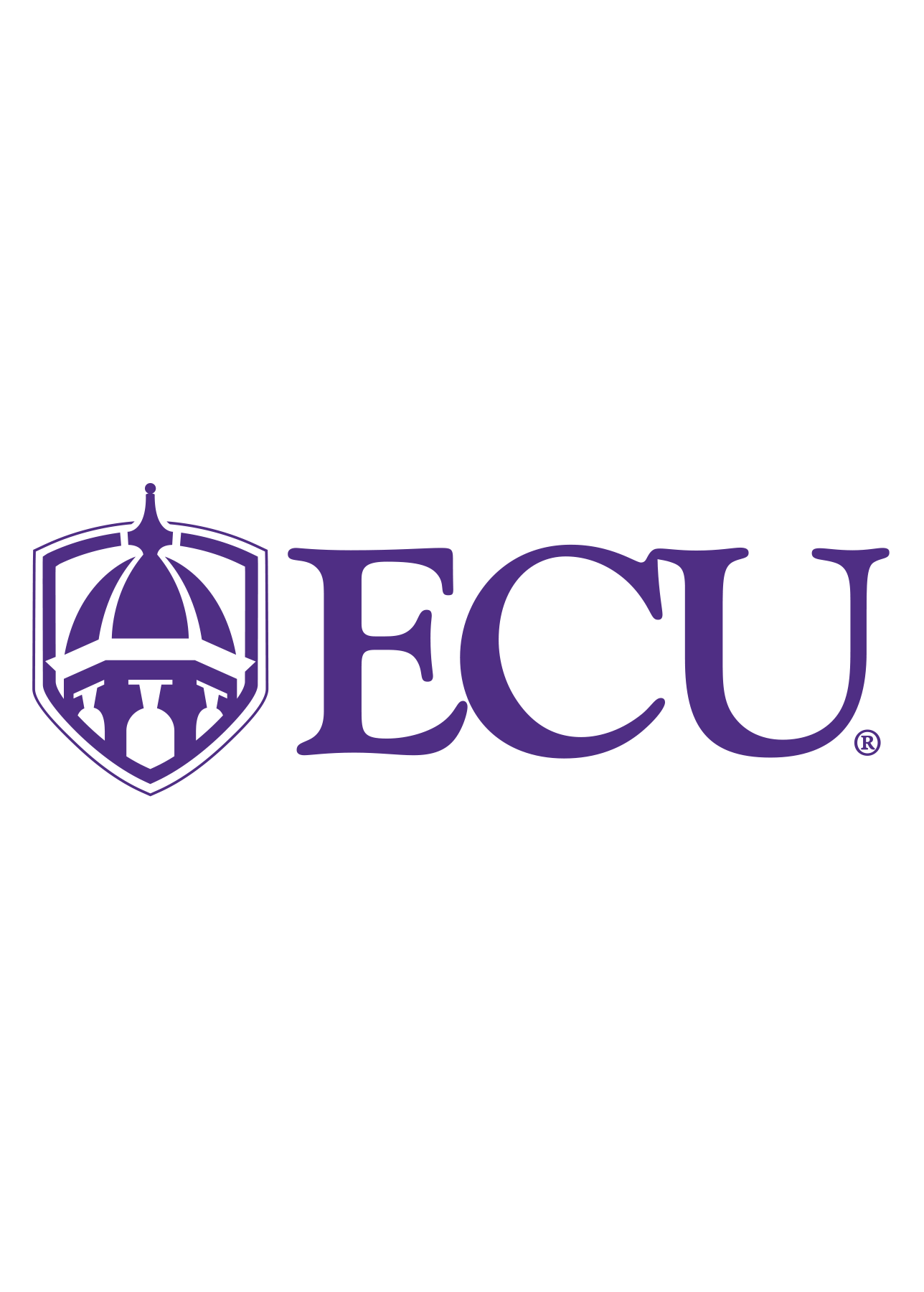
ECU College of Education
Intelligent Score: 97.75Undergraduate Tuition
In-state: $4,452
Out-of-state: $20,729
Graduate Tuition
In-state: $4,749
Out-of-state: $4,749
Test scores
SAT: 1020-1170
ACT: 19-24
ESTIMATED COST PER CREDIT
Resident: $289
Non-Resident: $1,020
DELIVERY FORMAT
Online
ACCREDITATION
Southern Association of Colleges and Schools Commission on Colleges
REQUIRED CREDITS TO GRADUATE
36
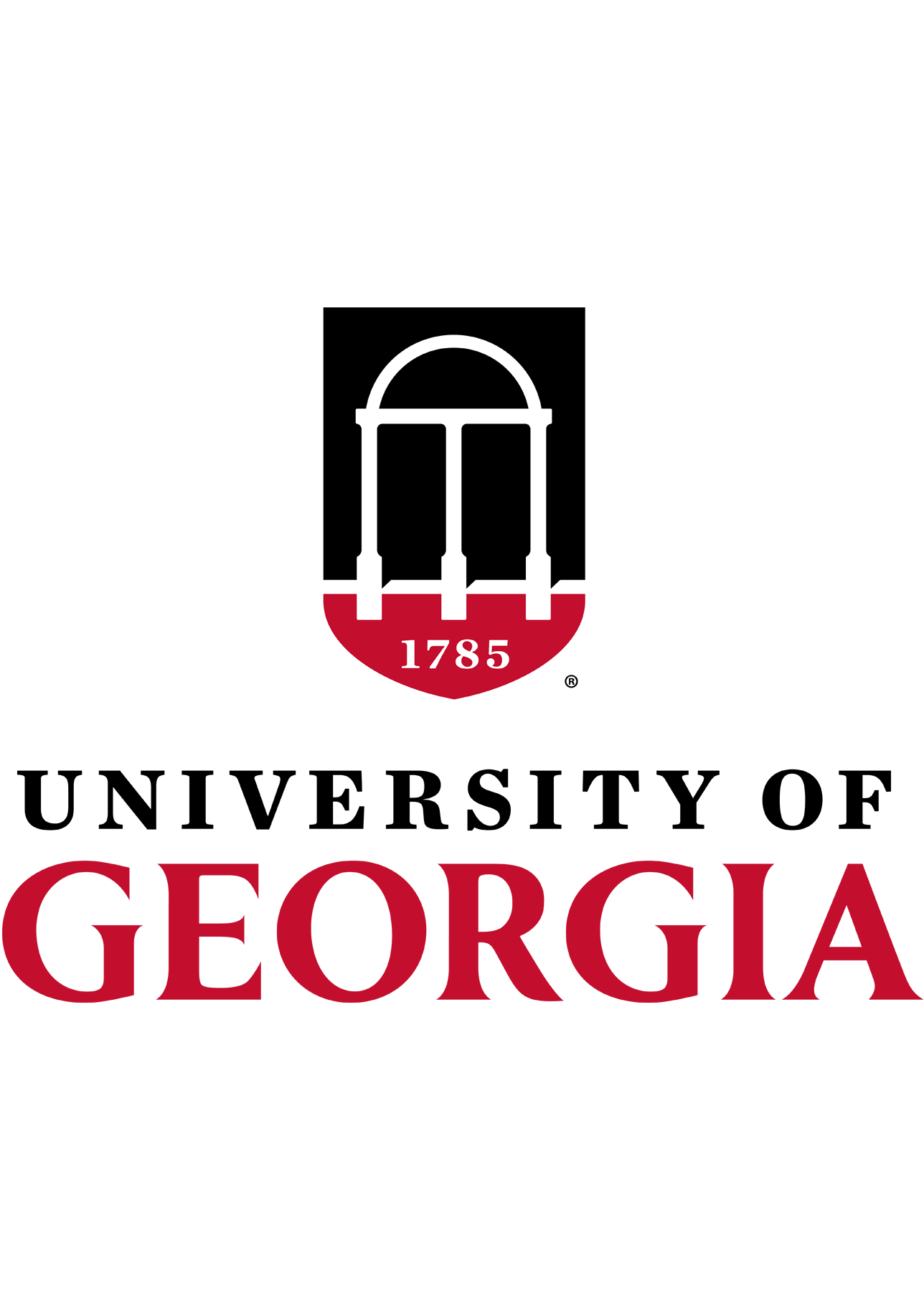
UGA College of Education
Intelligent Score: 97.06Undergraduate Tuition
In-state: $9,790
Out-of-state: $28,830
Graduate Tuition
In-state: $8,878
Out-of-state: $8,878
Test scores
SAT: 1250-1460
ACT: 29-33
ESTIMATED COST PER CREDIT
$417
DELIVERY FORMAT
Online
ACCREDITATION
Southern Association of Colleges and Schools Commission on Colleges
REQUIRED CREDITS TO GRADUATE
36

New Mexico Institute of Mining and Technology
Intelligent Score: 96.17Undergraduate Tuition
In-state: $23,068
Out-of-state: $40,322
Graduate Tuition
In-state: $25,834
Out-of-state: $25,834
Test scores
SAT: 1110-1320
ACT: 23-29
ESTIMATED COST PER CREDIT
$396
DELIVERY FORMAT
Online
ACCREDITATION
Higher Learning Commission
REQUIRED CREDITS TO GRADUATE
30
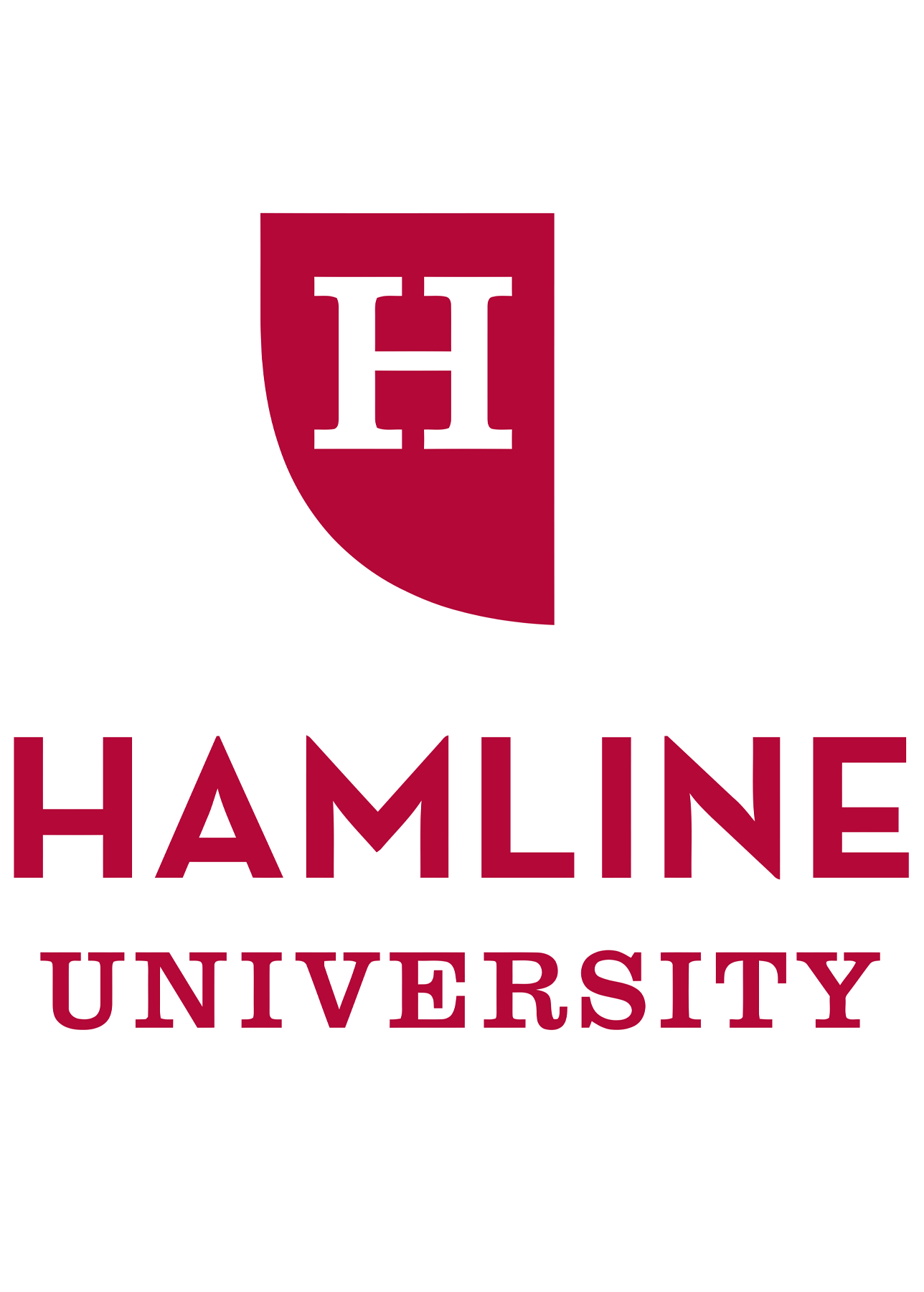
Hamline University
Intelligent Score: 96.05Undergraduate Tuition
In-state: $43,154
Out-of-state: $43,154
Graduate Tuition
In-state: $11,570
Out-of-state: $11,570
Test scores
SAT: 995-1225
ACT: 20-26
ESTIMATED COST PER CREDIT
$543
DELIVERY FORMAT
Online
ACCREDITATION
Higher Learning Commission
REQUIRED CREDITS TO GRADUATE
34
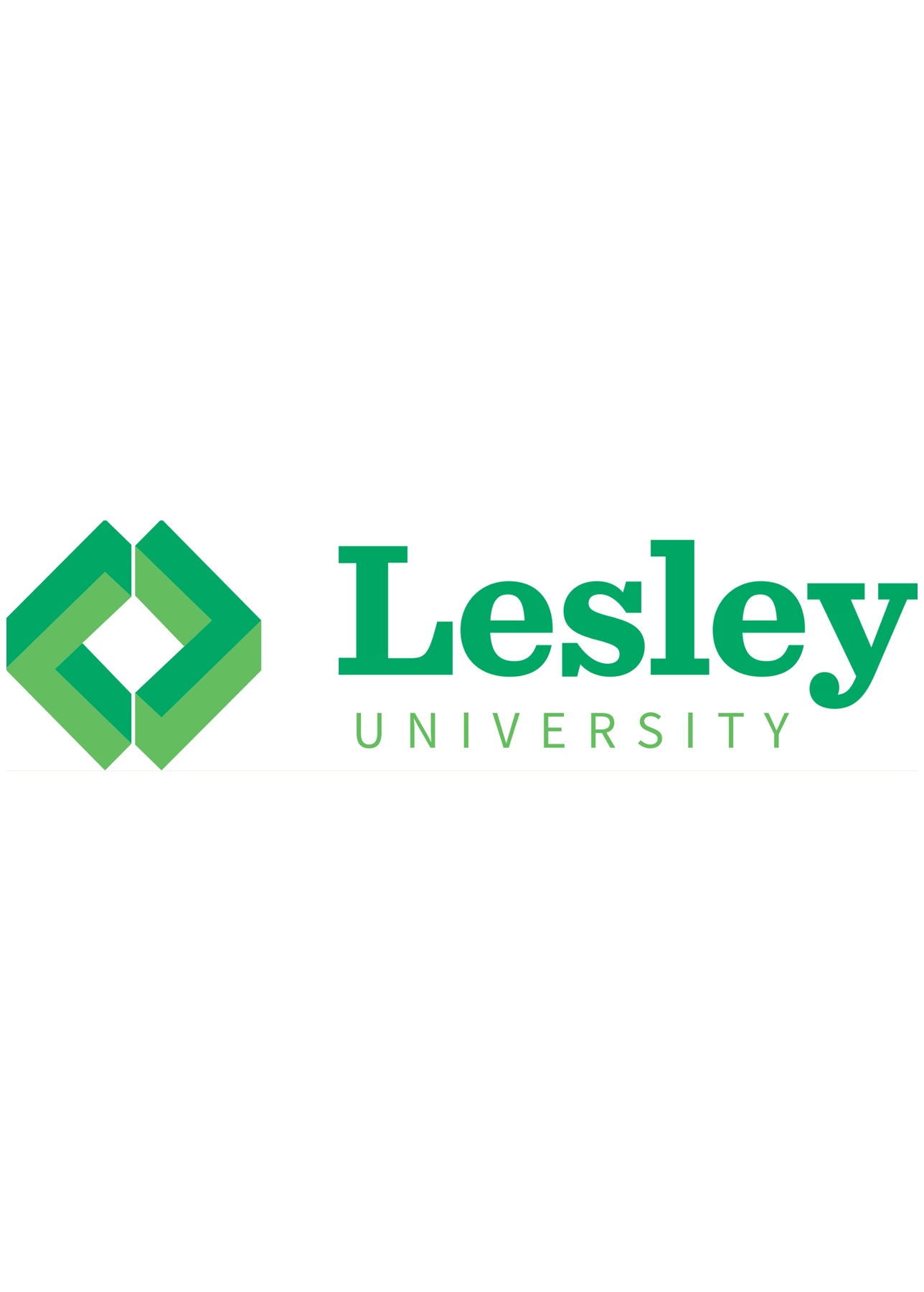
Lesley University
Intelligent Score: 94.9Undergraduate Tuition
In-state: $29,200
Out-of-state: $29,200
Graduate Tuition
In-state: $18,900
Out-of-state: $18,900
Test scores
SAT: N/A
ACT: N/A
ESTIMATED COST PER CREDIT
$650
DELIVERY FORMAT
Online
ACCREDITATION
New England Commission of Higher Education
REQUIRED CREDITS TO GRADUATE
33
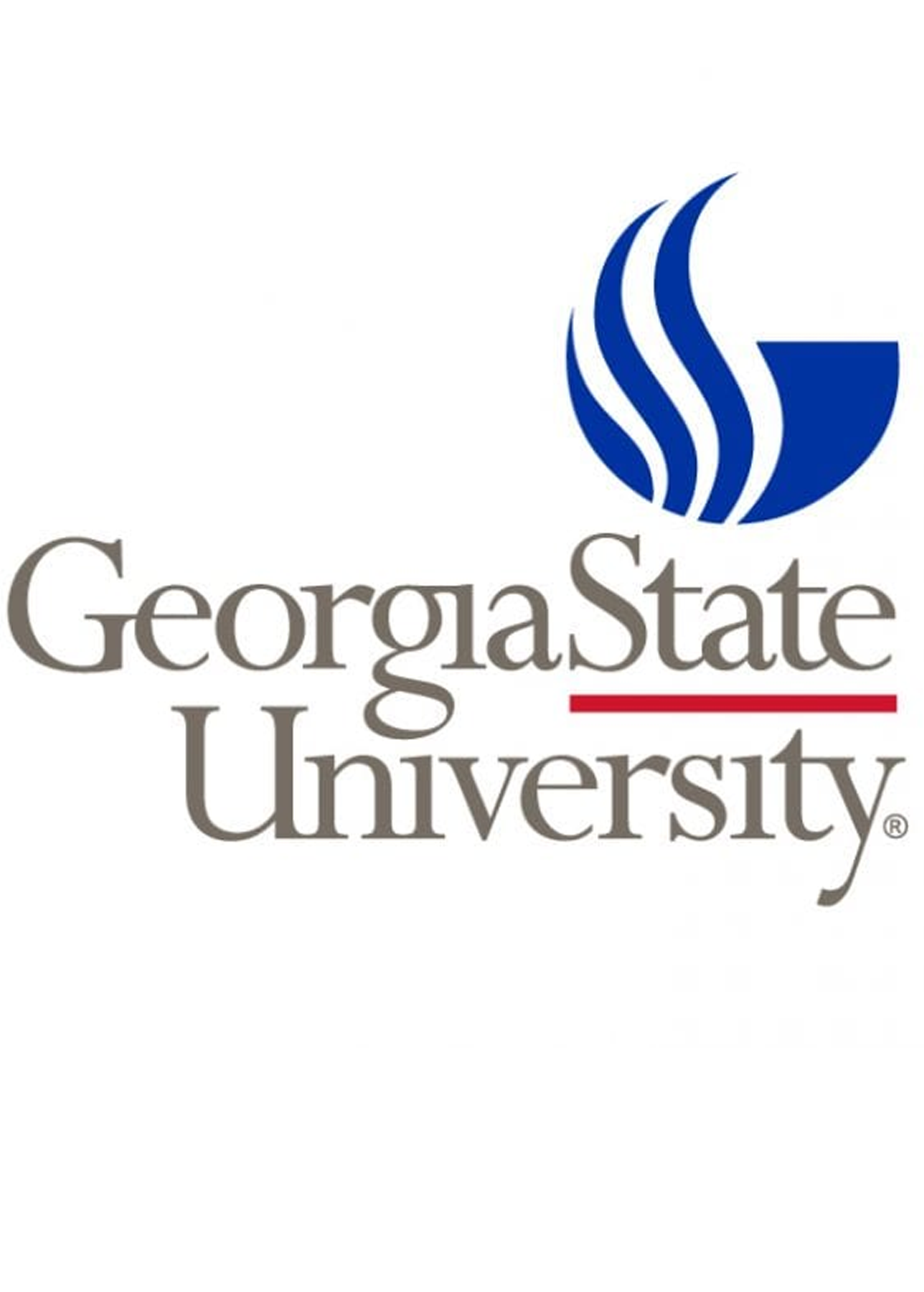
Georgia State University
Intelligent Score: 94.72Undergraduate Tuition
In-state: $7,158
Out-of-state: $22,389
Graduate Tuition
In-state: $7,164
Out-of-state: $7,164
Test scores
SAT: 1030-1260
ACT: 20-26
ESTIMATED COST PER CREDIT
Resident: $398
Non-Resident: $1,259
DELIVERY FORMAT
Online
ACCREDITATION
Southern Association of Colleges and Schools Commission on Colleges
REQUIRED CREDITS TO GRADUATE
36

Western Governors University
Intelligent Score: 94.11Undergraduate Tuition
In-state: $6,380
Out-of-state: $6,380
Graduate Tuition
In-state: $7,500
Out-of-state: $7,500
Test scores
SAT: N/A
ACT: N/A
ESTIMATED COST PER CREDIT
$407 - $488
DELIVERY FORMAT
Online
ACCREDITATION
Northwest Commission on Colleges and Universities
REQUIRED CREDITS TO GRADUATE
30-36
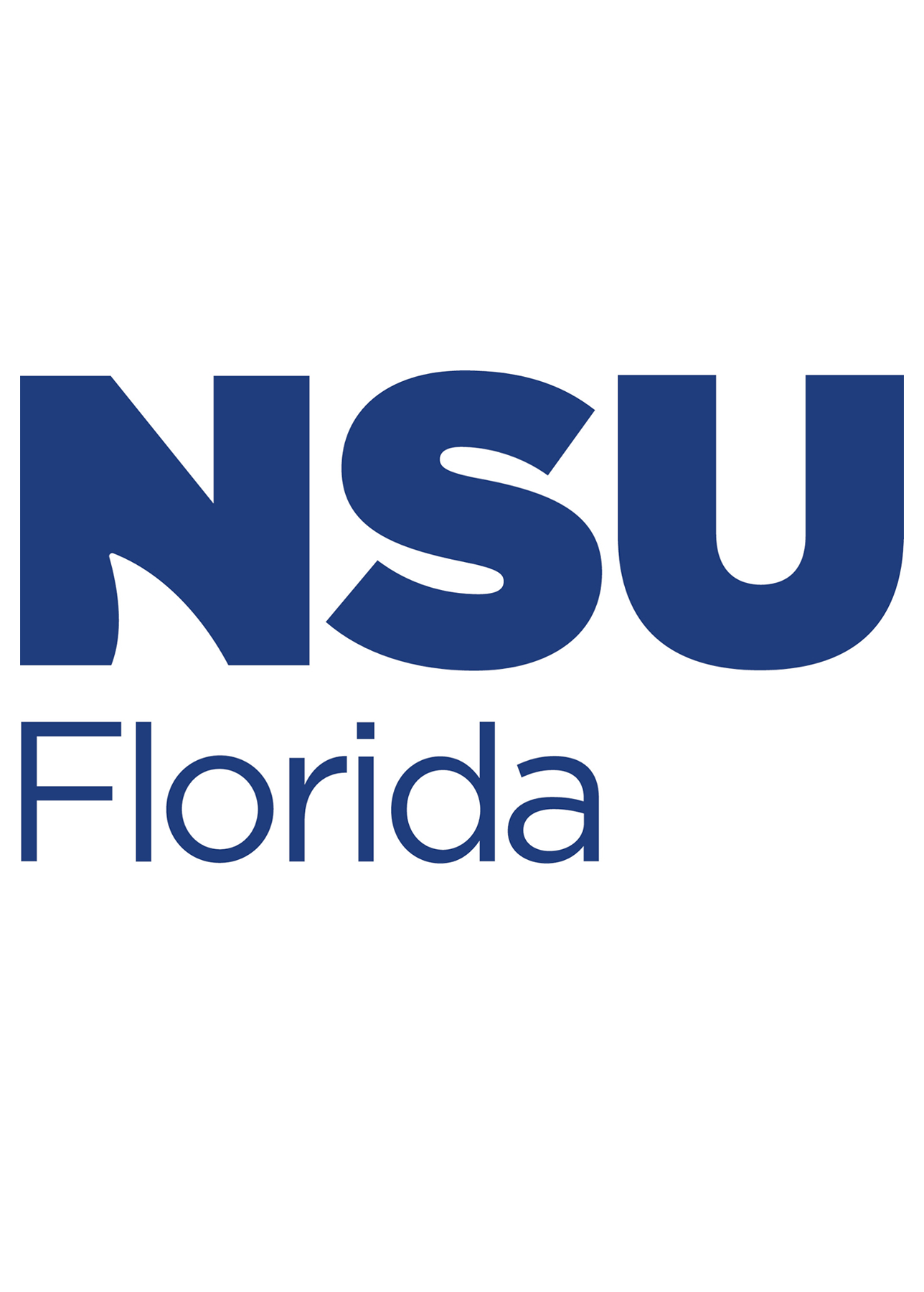
NSU Florida College of Education & School of Criminal Justice
Intelligent Score: 93.88Undergraduate Tuition
In-state: $32,370
Out-of-state: $32,370
Graduate Tuition
In-state: $20,618
Out-of-state: $20,618
Test scores
SAT: 1030-1240
ACT: 20-27
ESTIMATED COST PER CREDIT
$1,130
DELIVERY FORMAT
Online
ACCREDITATION
Southern Association of Colleges and Schools Commission on Colleges
REQUIRED CREDITS TO GRADUATE
36
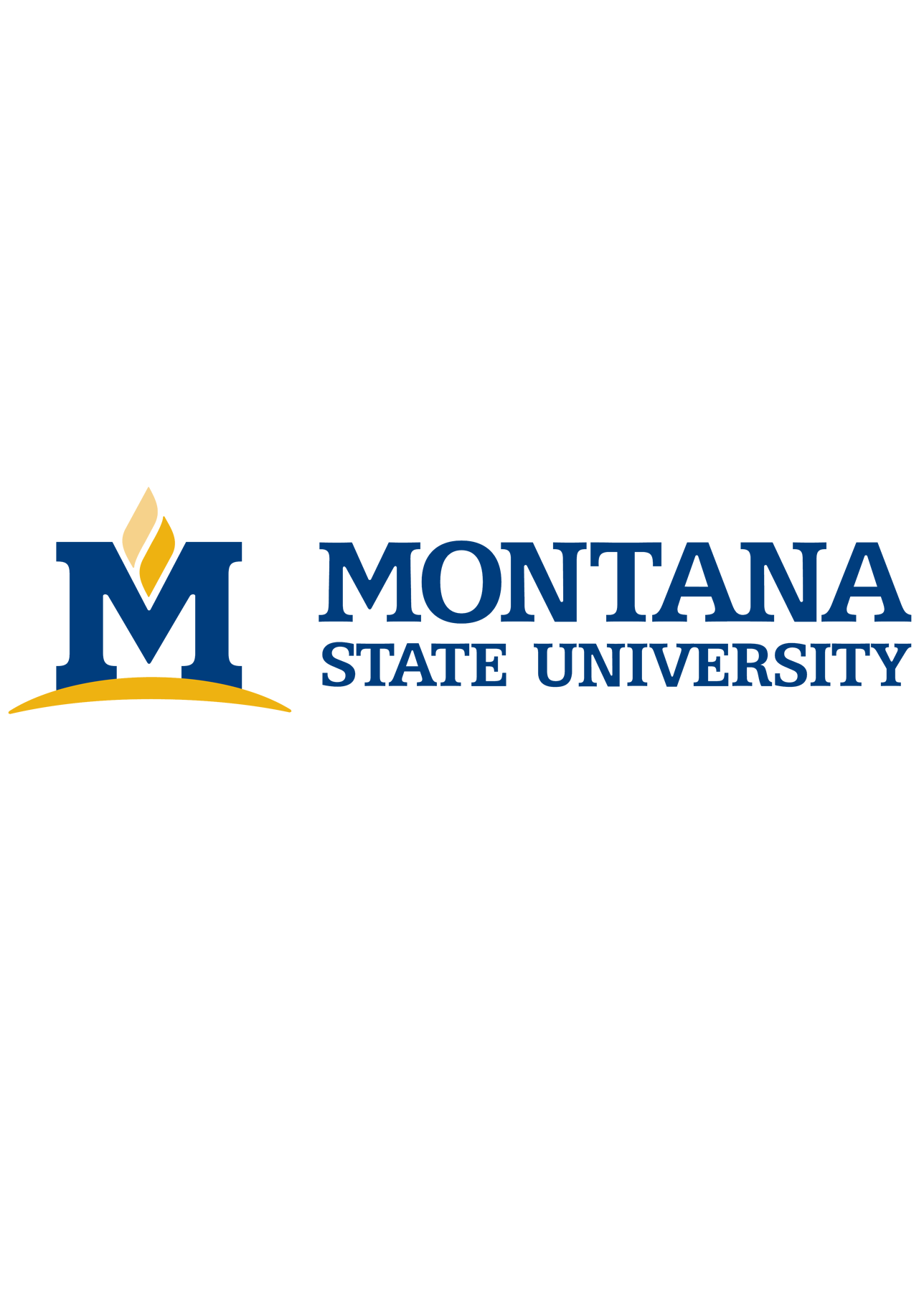
Montana State University
Intelligent Score: 92.97Undergraduate Tuition
In-state: $5,654
Out-of-state: $25,087
Graduate Tuition
In-state: $5,089
Out-of-state: $5,089
Test scores
SAT: 1090-1320
ACT: 21-28
ESTIMATED COST PER CREDIT
Resident: $292
Non-Resident: $393
DELIVERY FORMAT
Online
ACCREDITATION
Northwest Commission on Colleges and Universities
REQUIRED CREDITS TO GRADUATE
30
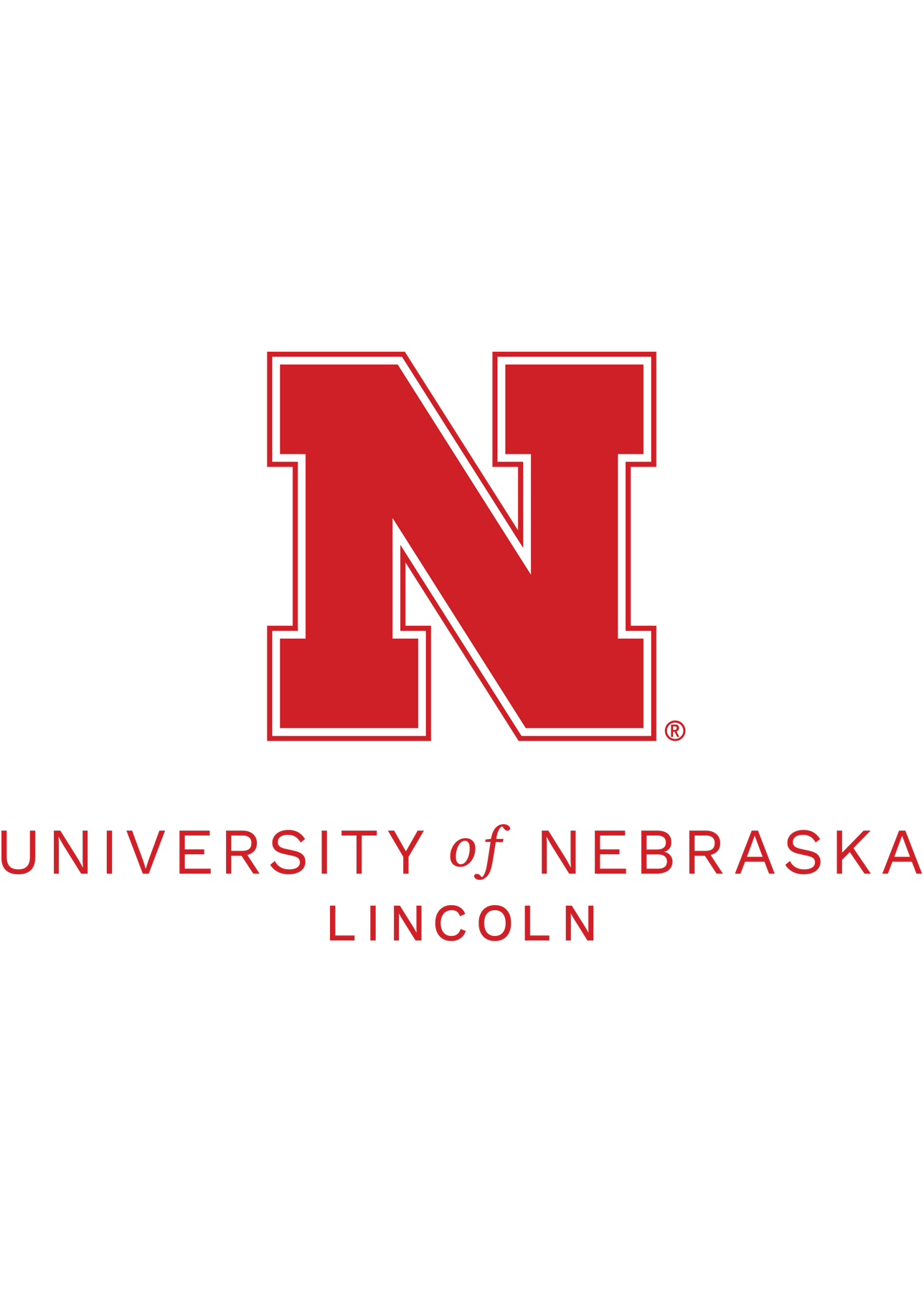
University of Nebraska at Kearney
Intelligent Score: 92.24Undergraduate Tuition
In-state: $7,770
Out-of-state: $24,900
Graduate Tuition
In-state: $6,138
Out-of-state: $6,138
Test scores
SAT: 1110-1320
ACT: 22-28
ESTIMATED COST PER CREDIT
$315 - $444
DELIVERY FORMAT
Online
ACCREDITATION
Higher Learning Commission
REQUIRED CREDITS TO GRADUATE
36

Colorado State University
Intelligent Score: 91.01Undergraduate Tuition
In-state: $9,426
Out-of-state: $28,147
Graduate Tuition
In-state: $10,520
Out-of-state: $10,520
Test scores
SAT: 1070-1280
ACT: 23-29
ESTIMATED COST PER CREDIT
$627
DELIVERY FORMAT
Online
ACCREDITATION
Higher Learning Commission
REQUIRED CREDITS TO GRADUATE
30
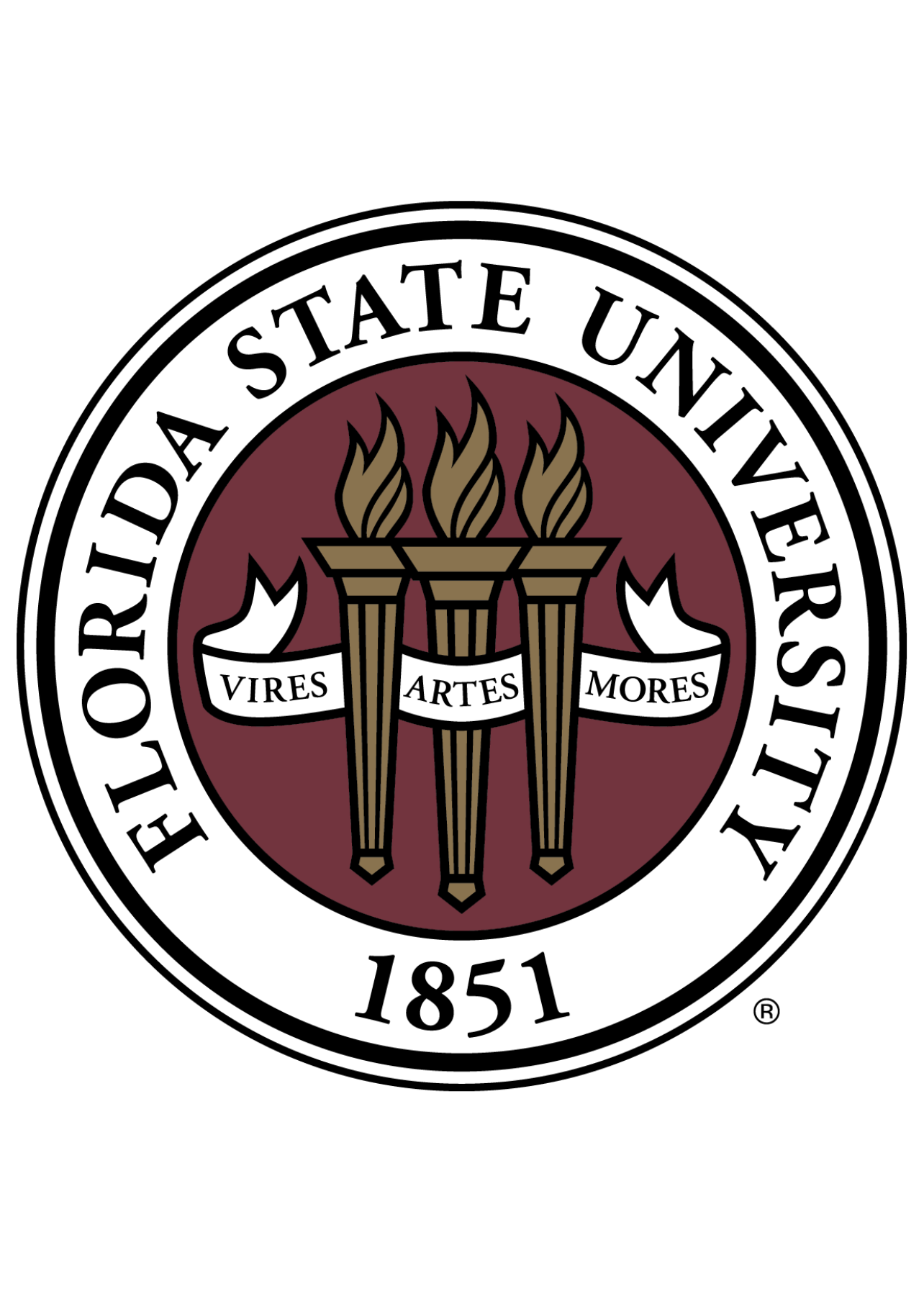
FSU College of Education
Intelligent Score: 90.3Undergraduate Tuition
In-state: $4,640
Out-of-state: $19,084
Graduate Tuition
In-state: $9,684
Out-of-state: $9,684
Test scores
SAT: 1220-1350
ACT: 27-31
ESTIMATED COST PER CREDIT
Resident: $479
Non-Resident: $1,110
DELIVERY FORMAT
Online
ACCREDITATION
Southern Association of Colleges and Schools Commission on Colleges
REQUIRED CREDITS TO GRADUATE
30

Northeastern State University
Intelligent Score: 90.1Undergraduate Tuition
In-state: $5,913
Out-of-state: $14,313
Graduate Tuition
In-state: $4,500
Out-of-state: $4,500
Test scores
SAT: 955-1125
ACT: 17-24
ESTIMATED COST PER CREDIT
$303
DELIVERY FORMAT
Online
ACCREDITATION
Higher Learning Commission
REQUIRED CREDITS TO GRADUATE
36

Oklahoma State University
Intelligent Score: 89.37Undergraduate Tuition
In-state: $5,357
Out-of-state: $20,877
Graduate Tuition
In-state: $5,531
Out-of-state: $5,531
Test scores
SAT: 1020-1250
ACT: 21-28
ESTIMATED COST PER CREDIT
Resident: $442
Non-Resident: $572
DELIVERY FORMAT
Online
ACCREDITATION
Higher Learning Commission
REQUIRED CREDITS TO GRADUATE
36

UMass Amherst
Intelligent Score: 87.35Undergraduate Tuition
In-state: $15,791
Out-of-state: $35,779
Graduate Tuition
In-state: $14,014
Out-of-state: $14,014
Test scores
SAT: 1200-1390
ACT: 27-32
ESTIMATED COST PER CREDIT
Resident: $2,133
Non-Resident: 4,226
DELIVERY FORMAT
Online
ACCREDITATION
New England Commission of Higher Education
REQUIRED CREDITS TO GRADUATE
30

Penn State College of Earth and Mineral Sciences
Intelligent Score: 86.73Undergraduate Tuition
In-state: $15,025
Out-of-state: $24,413
Graduate Tuition
In-state: $22,464
Out-of-state: $22,464
Test scores
SAT: 1070-1300
ACT: 24-29
ESTIMATED COST PER CREDIT
$1,007
DELIVERY FORMAT
Online
ACCREDITATION
Middle States Commission on Higher Education
REQUIRED CREDITS TO GRADUATE
30
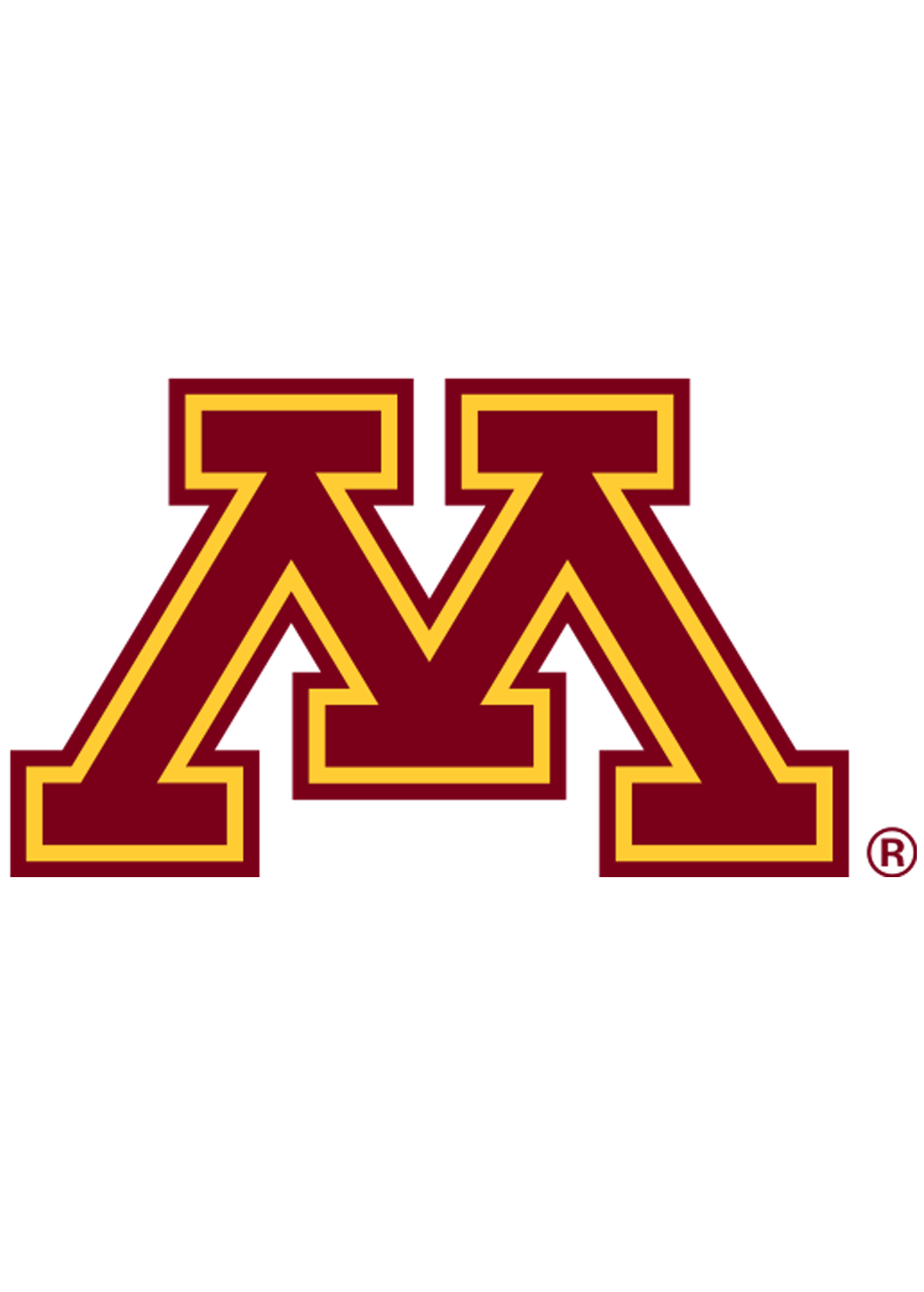
University of Minnesota
Intelligent Score: 86.67Undergraduate Tuition
In-state: $13,318
Out-of-state: $31,616
Graduate Tuition
In-state: $17,580
Out-of-state: $17,580
Test scores
SAT: 1240-1460
ACT: 25-31
ESTIMATED COST PER CREDIT
$1539 - $2381
DELIVERY FORMAT
Online
ACCREDITATION
Higher Learning Commission
REQUIRED CREDITS TO GRADUATE
30-31
How We Rank Schools
This list focuses on graduate-level programs in science and STEM education. We specifically sought programs that are delivered entirely or primarily online, ensuring accessibility for the greatest number of students, regardless of location or schedule.
To guarantee that programs meet the highest quality standards, we only included schools with regional accreditation. Additionally, many of these options are accredited by the Council for the Accreditation of Educator Preparation (CAEP), a specialized agency overseeing education-related programs.
Once we found the programs that met our criteria, we evaluated each of them on the basis of faculty, flexibility, reputation, cost, and outcomes. Using this information, we calculated an Intelligent Score for each program on a scale of 0 to 100. For a more extensive explanation, check out Our Ranking Methodology.
What Can You Expect from an Online Master’s in Science Education Program?
Students typically need to complete 30-36 credit hours to earn an online master’s in science education. A full-time student can usually finish the program in 1-2 years, while a part-time student might take longer.
In addition to coursework, most programs require experiential learning. Students who are not currently working as an educator should be prepared to spend at least one term in a school setting to fulfill a practicum or student teaching requirement. Programs may also require a thesis or capstone project to demonstrate research or practical knowledge obtained through the program.
Some science courses may require lab work. Online programs often ship students lab kits to conduct experiments in their homes. However, students should confirm if they’ll be required to participate in on-campus labs.
The core curriculum of an online master’s in science education will usually cover the following areas:
- Methods and educational theory
- Assessment and outcomes
- Life sciences
- Foundational scientific inquiry
- Technology and distance learning
Potential courses you’ll take in an online master’s in science education program
- Science, Technology, and Society. Students study how technology affects and influences scientific understanding and how social psychology influences scientific inquiry.
- Earth Science for Educators. Lessons encompass climate, energy, the water cycle, rocks and minerals, and geologic time. A lab kit is required.
- Teaching Inquiry-Based Life Science. This course covers how to design lessons that help students learn concepts by asking questions, conducting experiments, and making observations on their own.
- Methods in Science Education. Science teachers discuss state standards and review how students’ psychosocial developmental stages affect teaching science.
What Can You Do With an Online Master’s in Science Education?
Career outlook
Earning a master’s degree in science education deepens educators’ understanding of scientific concepts and opens diverse career paths. This advanced degree equips professionals with the knowledge and skills to excel in roles beyond traditional teaching. Listed below are some potential job options for individuals with a master’s in science education, offering a glimpse into the dynamic and impactful careers available in the field.
- Kindergarten or elementary school teacher — Teach subjects such as reading, math, and science to young children.
- Median annual salary: $63,670
- Projected employment growth (through 2032): 1%
- New job openings projected: 109,000 annually
- Middle school teacher — Help students advance their understanding of the subjects they learned in elementary school and prepare them for the subjects that will be covered in high school.
- Median annual salary: $64,290
- Projected employment growth (through 2032): 1%
- New job openings projected: 42,200 annually
- Instructional coordinator — Develop, implement, and assess the effectiveness of educational materials.
- Median annual salary: $74,620
- Projected employment growth (through 2032): 2%
- New job openings projected: 19,200 annually
Online Master’s Degree in Science Education Frequently Asked Questions
How do I apply to an online master’s in science education degree program?
Before starting an application, confirm the requirements, process, and deadlines with an admissions representative. If applying to multiple schools, make a spreadsheet or checklist to keep all relevant information organized.
Students typically can submit their applications and supporting documents through a school’s online application portal. Schools may require college transcripts and standardized test scores to be sent directly from the school or testing agency.
Review the program’s eligibility requirements to confirm that you meet the thresholds for undergraduate GPA, prerequisite coursework, and professional experiences and credentials.
How much does an online master’s in science education degree cost?
According to EducationData.org, the average cost of a master’s in education degree is $42,010. However, there is a lot of variance in what an individual student pays to earn this degree.
The type of school a student attends has a significant influence on the overall cost of the program. Private institutions tend to charge higher tuition than public universities. However, public universities often charge different tuition rates based on whether students are considered in-state or out-of-state. If attending a public school, online students should check to see if they charge students the same tuition regardless of residency.
Many schools charge students additional fees for technical support, virtual classroom technology, student services, and more. For the most accurate information about what a program will cost, it’s best to speak to a financial aid counselor.
How long does it take to earn an online master’s in science education degree?
The time it takes to earn a degree varies based on the number of credits the individual program requires. A full-time student will usually be able to complete the program in 1-2 years. However, some schools offer accelerated programs that condense coursework into a shorter time frame. Meanwhile, if a student enrolls in a program part-time, it can take another semester or two to finish.
Is an online master's in science education worth it?
Earning an online master’s in science education is worth it for educators seeking to advance their careers and make a meaningful impact in science instruction. The online format offers numerous benefits, making it a practical and effective choice for busy professionals.
One key advantage is flexibility. Online programs allow educators to pursue advanced degrees while balancing work and personal commitments. This flexibility is particularly valuable for those already working in the field, as it enables them to enhance their knowledge and skills without the need for a career hiatus. Online courses often provide the convenience of asynchronous learning, which allows students to access lectures and materials at their own pace.
Another benefit is accessibility. Online programs break down geographical barriers, providing access to reputable institutions and expert faculty regardless of location. This accessibility broadens opportunities for educators who may not have a local institution offering a comparable program.
Pursuing an advanced degree online demonstrates a commitment to professional growth and proficiency in online learning platforms. This can enhance an educator’s marketability and open doors to leadership roles, curriculum development positions, or specialized roles as science education specialists.
